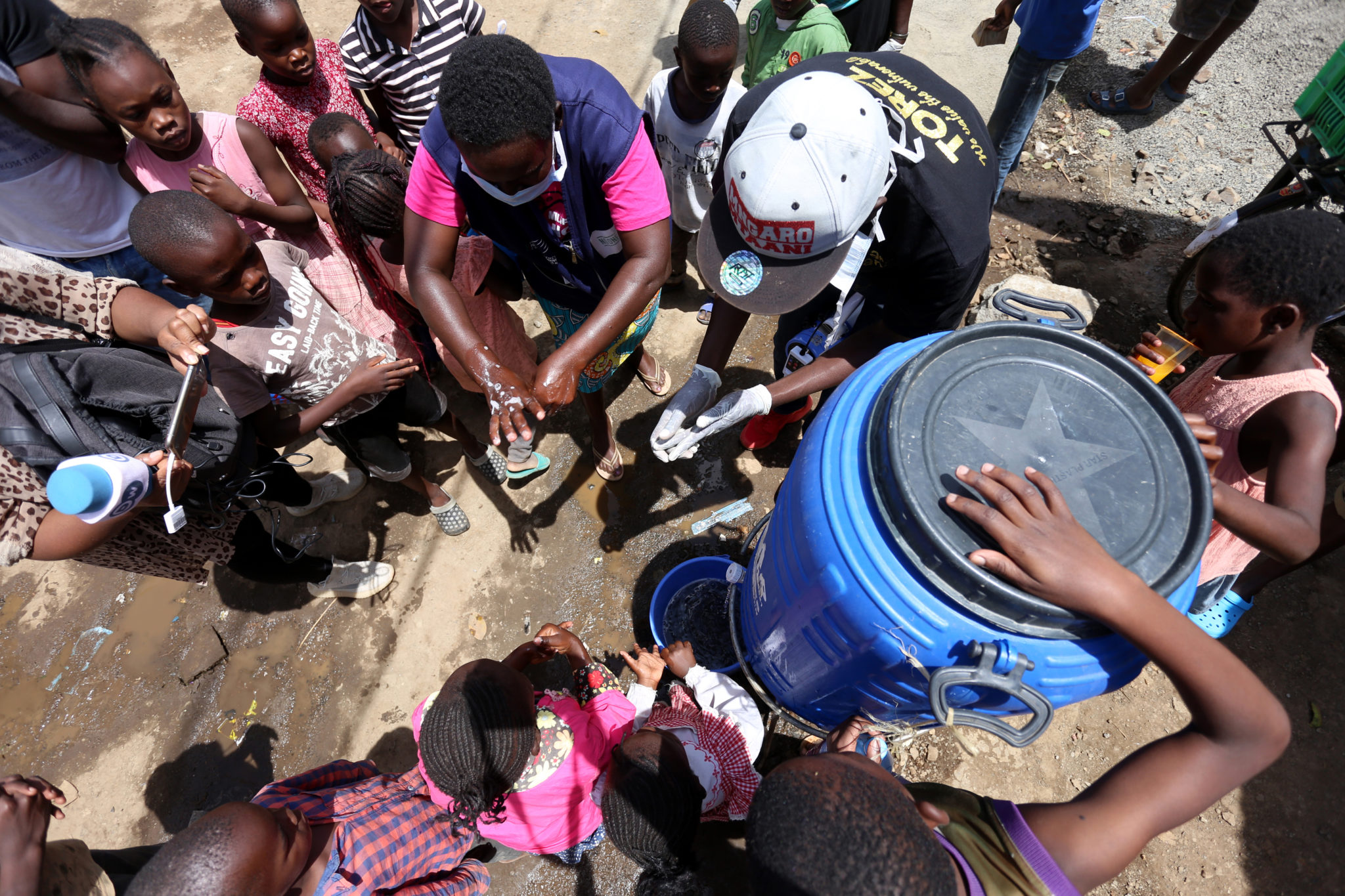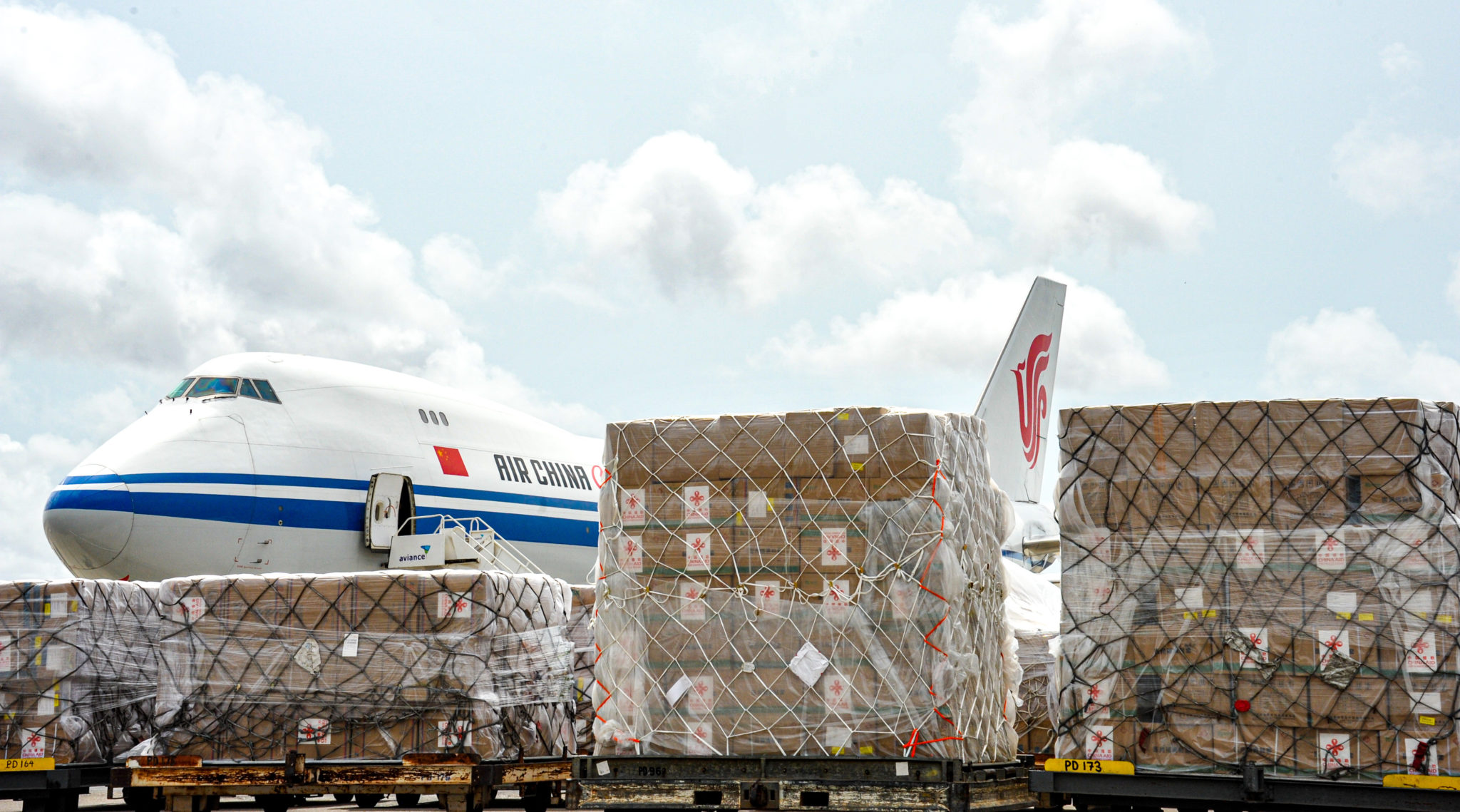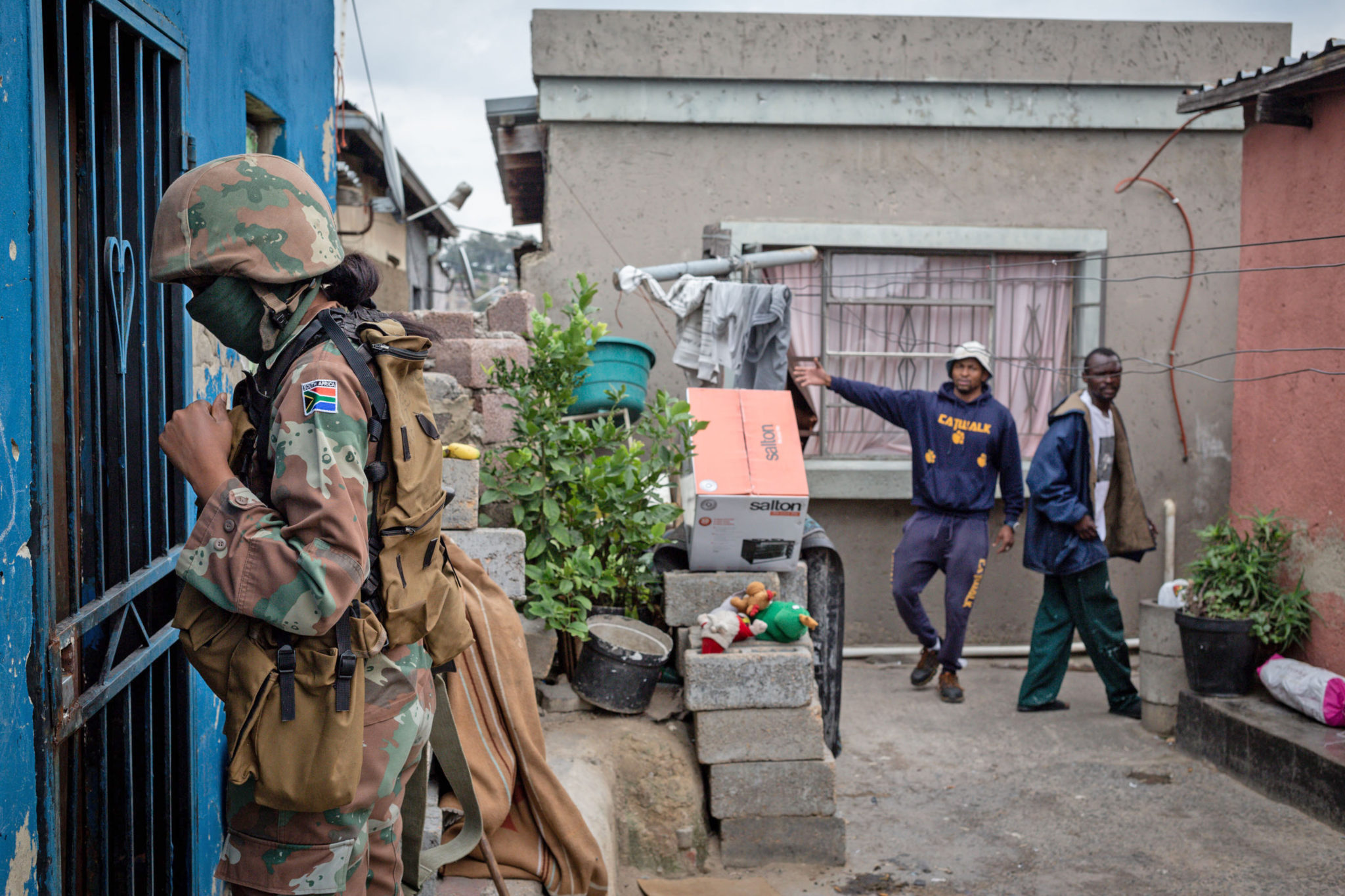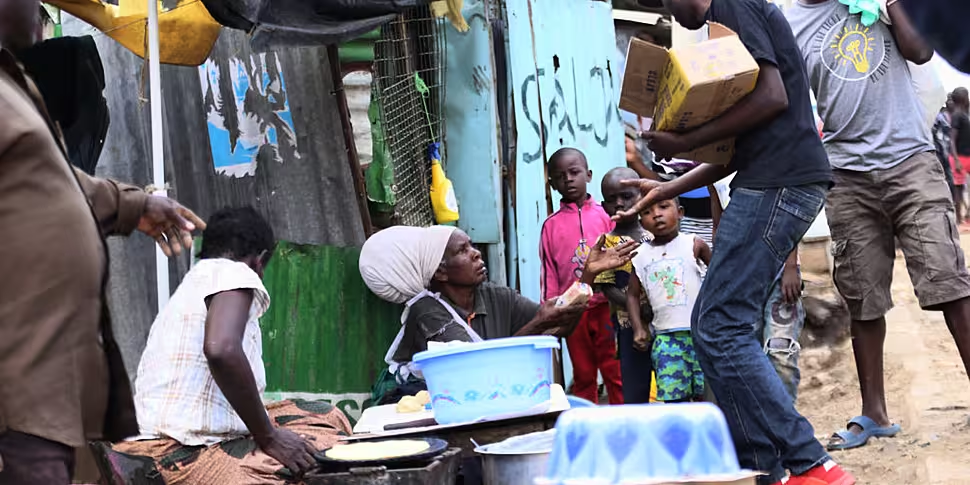The charity Oxfam has warned that half a billion people could be pushed into poverty by the COVID-19 pandemic.
The charity said the economic fallout could set the global fight against poverty back up to 30 years unless urgent action is taken to bail out developing countries.
The charity is calling on world leaders to agree an ‘Economic Rescue Package for All’ to keep poor countries afloat.
Dignity not destitution
A new report from the charity, entitled Dignity not Destitution, cites a study from the United Nations University World Institute for Development Economics Research which warns that the international economic shutdown could force between 6% and 8% of people in the world into poverty.
The research calls for an economic rescue package for the most vulnerable, funded by the immediate cancellation of $1tn worth of debt payments for developing countries.
Oxfam Ireland CEO Jim Clarken said that while the rapid response to the outbreak could save millions of lives, a similar response is now needed to prevent an economic disaster that will “devastate and threaten the lives of the world’s most vulnerable people.”
 Social workers demonstrate medical handwashing to residents at Baba Dogo slum in Nairobi, 03-04-2020. Image: SOPA Images/SIPA USA/PA Images
Social workers demonstrate medical handwashing to residents at Baba Dogo slum in Nairobi, 03-04-2020. Image: SOPA Images/SIPA USA/PA ImagesStarvation
He said there is a fear in developing countries that the virus will starve people before it makes them sick and noted that, in many countries, there are almost no safety nets to stop people falling into further poverty and destitution.
“G20 Finance Ministers, the IMF and World Bank must give developing countries an immediate cash injection to help them bail out poor and vulnerable communities,2 he said.
“They must cancel all developing country debt payments for 2020, encourage other creditors to do the same and issue at least US$1 trillion of Special Drawing Rights.”
 Chinese medical supplies for 18 African counties arrive at the Kotota International Airport in Accra, Ghana, 06-04-2020. Image: Xu Zheng/Xinhua News Agency/PA Images
Chinese medical supplies for 18 African counties arrive at the Kotota International Airport in Accra, Ghana, 06-04-2020. Image: Xu Zheng/Xinhua News Agency/PA ImagesCOVID-19 supports
Oxfam said just one-in-five people around the world have access to unemployment benefits – with two billion people around the world working in the informal sector without sick pay.
Nine-in-ten jobs in developing countries are informal – compared to two-in-ten in rich countries.
The charity said women are likely to be hardest hit as they are more likely to be employed in poorly paid precarious jobs that are most at risk.
It said most developing nations due not have the finances to provide the supports put in place by many wealthy nations – with the UN estimating that more than half of Africa’s jobs could be lost.
 A soldier patrols in a community in Johannesburg, South Africa, 31-03-2020. Image: unreguser/Xinhua News Agency/PA Images
A soldier patrols in a community in Johannesburg, South Africa, 31-03-2020. Image: unreguser/Xinhua News Agency/PA ImagesWealth taxes
It called for a tax on extraordinary profits and the world’s wealthiest individuals to pay for the response.
“Governments must learn the lessons of the 2008 financial crisis where bailouts for banks and corporations were paid for by ordinary people as jobs were lost, wages flatlined and essential services such as healthcare cut to the bone,” said Mr Clarken.
“Economic stimulus packages must support ordinary workers and small businesses, and bail outs for big corporations must be conditional on action to build fairer, more sustainable economies.”
The ESRI has today warned that the COVID-19 unemployment payments currently in place in Ireland will cost the Exchequer nearly €5bn over three months.
It said the measures will significantly reduce the number of families who see extreme reductions in their incomes as a result of the outbreak.









